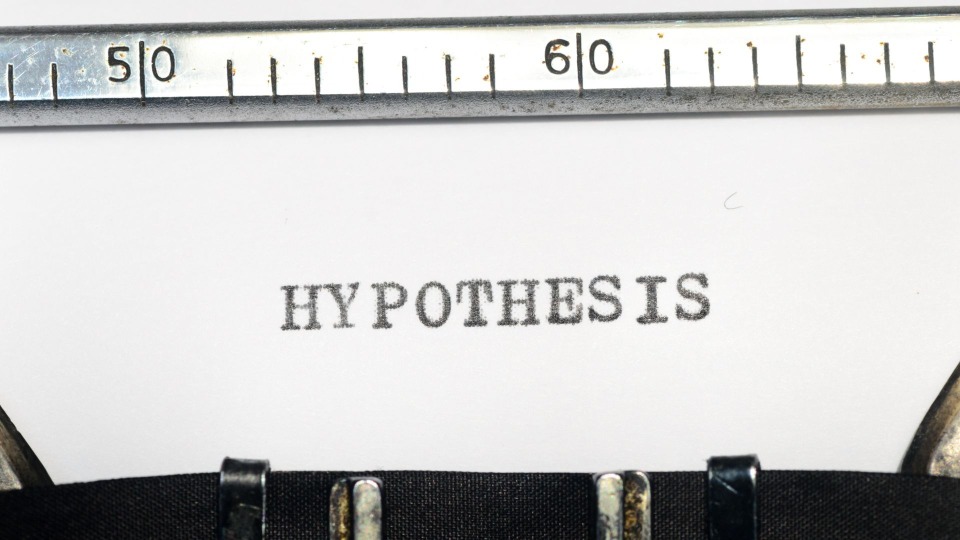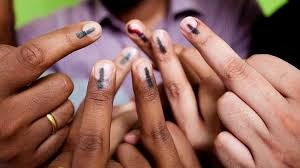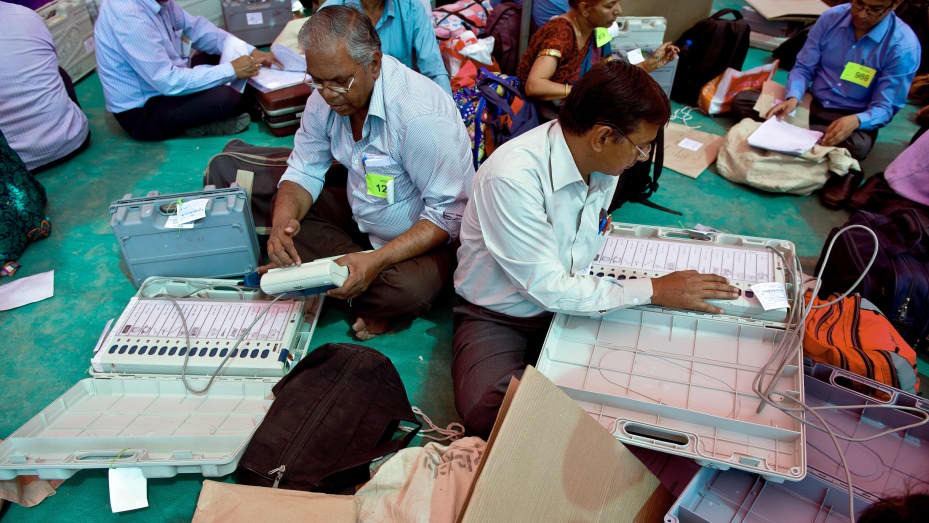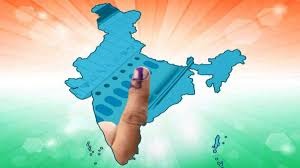There are no items in your cart
Add More
Add More
| Item Details | Price | ||
|---|---|---|---|
A two-day workshop to look at the Indian electoral data through statistical tools
Instructor: Dr. Neelanjan SircarLanguage: English
This is a two-day workshop to learn how to apply statistical methods in grasping Indian electoral data. Anyone who is interested in learning and applying basic statistics to understanding electoral data and trends can sign up for this workshop!
During this workshop, the participants will immerse in six live online sessions with Dr. Neelanjan Sircar. Through interactive discussions and hands on applications, participants will learn the principles of statistical inference and causal claims, the methodology for framing hypotheses, and understand the basics of causality. On the second day, these will be applied to Indian electoral context by taking the dataset from Election Commission (as processed by Trivedi Centre for Political Data).
Small cohort to maximize personal attention
Full-day weekend workshops
2 days workshop with 6 sessions of 2 hours each
7th January 2023
Please note:
The Workshop has already been conducted.
The recording of the workshop are now available for you to learn from.
Certificates are not included in the pre recorded workshops
Register to enter the session to gain profound Knowledge and insight.
The sessions focus on interpretation, as calculation will be beyond the scope of a two-day course. We show how displaying data in table format and graphs can help in making inferences.
Attend a dynamic one weekend workshop facilitated by an accomplished expert.
An intensive certification workshop offered through live online lectures where you participate in discussions and activities
Study in a small cohort with a specialist professor who will engage with unique pedagogy







